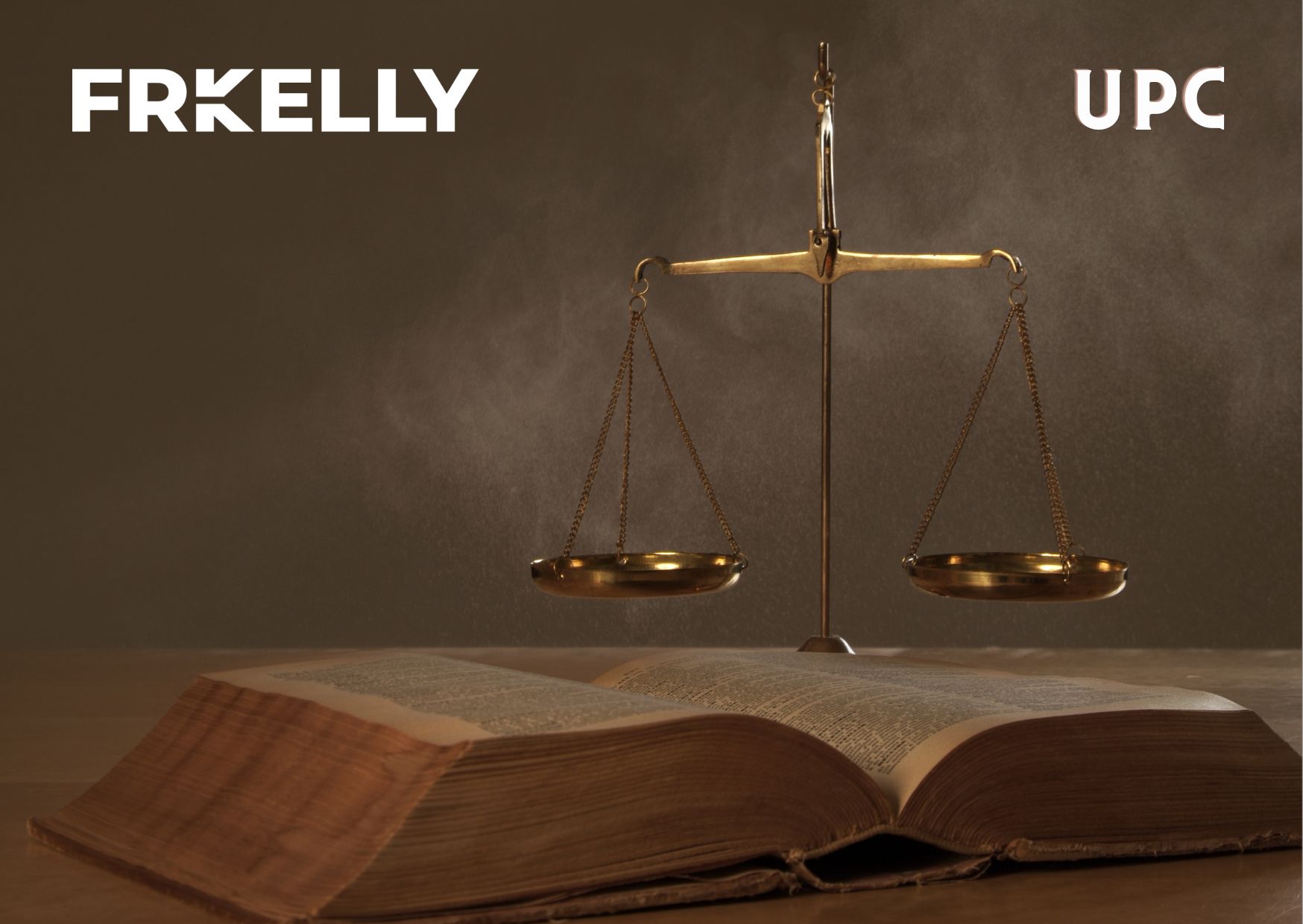Changes to SPCs and Marketing Authorisations in the UK implemented on 1 January 2025
13th January 2025

Introduction
The Unified Patent Court (UPC) is an international court set up by participating EU Member States to deal with the infringement and validity of both Unitary Patents and European patents.
Infringement Actions
The main provisions on acts of infringement are set out in Art. 25 to Art. 28 UPCA (Agreement on a Unified Patent Court).
Art. 25 UPCA states that a patent shall confer on its proprietor the right to prevent any third party not having the proprietor's consent from the following:
Art. 26 (1) UPCA states that a patent shall confer on its proprietor the right to prevent any third party not having the proprietor's consent from supplying or offering to supply, within the territory of the Contracting Member States in which that patent has effect, any person other than a party entitled to exploit the patented invention, with means, relating to an essential element of that invention, for putting it into effect therein, when the third party knows, or should have known, that those means are suitable and intended for putting that invention into effect.
Art. 26 (2) UPCA states that Paragraph 1 shall not apply when the means are staple commercial products, except where the third party induces the person supplied to perform any of the acts prohibited by Art. 25.
Art. 27 UPCA outlines the limitations of the effects of a patent and Art. 28 UPCA outlines right based on prior use of the invention.
Additionally, Art. 32(1)(a) UPCA provides an exhaustive list of cases for which the UPC will have exclusive competence, including actions for actual or threatened infringements. This includes all forms of relief and protective and/or preventative measures.
Local and Regional Divisions of the UPC primarily have competence for infringement actions, with or without invalidity counterclaims, whereas the Central Division primarily has competence for invalidity actions, with or without an infringement counterclaim.
At the time of writing, it is understood that the Central Division, due to be based in London before the UK Government’s withdrawal of its UPC ratification, is to handle chemical and life sciences cases. The Central Division based in Munich will handle mechanical engineering cases and the Central Division based in Paris will handle other cases including software and physics. It remains to be seen where the replacement for London will be.
Actions for infringement can be brought before the Local or Regional Division in either:
An action for infringement can be brought in the Central Division where either:
Art. 64(1) and (2) UPCA states that the Court may order, at the request of the applicant, that appropriate measures be taken with regard to products found to be infringing a patent and, in appropriate cases, with regard to materials and implements principally used in the creation or manufacture of those products. Such measures shall include:
If the infringer did not know, or did not have reason to believe, that they were engaging in an infringing activity, the UPC may only order that damages are paid for recovery of profits or the payment of compensation.
Take Home Message
Currently, national courts decide on the infringement and validity of European patents. In practice, this can lead to difficulties when a patent proprietor wishes to enforce a European patent in several countries as litigation in multiple countries is expensive and there is lack of legal certainty with differing national laws.
The UPC will enhance legal certainty through harmonised case law in the area of patent infringement and validity and harmonise substantive patent law relating to the scope and limitations of the rights conferred as well as the remedies in cases of infringement. However, in some cases, the possibility of a unitary decision may be more risky than the cost of litigation in multiple jurisdictions. For example, it is possible for a patent to be unitarily revoked via the UPC, as opposed to on a case-by-case basis in each country via the national courts.
EPO oppositions against European patents continue to be available for nine months after grant and will remain separate from the UPC system. Where a patent has been opted out of the jurisdiction of the UPC, an opposition would be the only means to attack an invalid patent centrally.
This article continues FRKelly's series on the upcoming Unitary Patent and Unified Patent Court. For more details, check out the following articles:
2. What is the Unified Patent Court?
3. How to Apply for a Unitary Patent
5. Register for Unitary Patent Protection
7. What Rights Are Afforded by a Unitary Patent?
8. UPC Opt-Out
9. Opposition, Appeals and Validity of Unitary Patents
10. Will the Unified Patent Court Affect SPCs?
13. Ireland and the Unified Patent Court
14. No More Fooling Around: April 1st is UPC Launch Date
15. Unified Patent Court Costs
16. Validity Actions at the UPC
17. Assignments and Licenses Under the Unitary Patent System
18. The UK and the Unified Patent Court
19. Delay to Start of UPC Sunrise Period
